Expanding Horizons: The Importance of Reading Diverse Authors in Middle School and High School
In today's interconnected world, it's more important than ever for young readers to broaden their horizons and gain exposure to diverse perspectives through literature. As middle school and high school students embark on their journey of self-discovery, reading books by diverse authors can open their minds to new ideas, cultures, and experiences. In this blog post, we'll explore the significance of reading diverse authors in middle school and high school and how it aligns with Far Away Friends’ mission.
Representation Matters
Representation matters in literature, especially for young readers who are navigating their identity and seeking relatable stories. When students see themselves reflected in the books they read, it can foster a sense of belonging and validation. It can also help them develop a positive self-identity and build empathy towards others.
However, it's equally important for students to read stories about characters who are different from them. By exposing students to diverse voices, they can gain insight into the experiences and struggles of people from various backgrounds, races, genders, sexual orientations, religions, and abilities. This can help students develop a broader perspective and cultivate empathy and inclusivity towards others, which are crucial life skills in our diverse and globalized world.
Expanding Perspectives
Reading diverse authors in middle school and high school can expand students' perspectives and help them become more critical thinkers. Exposure to diverse literature can challenge students' preconceived notions, broaden their understanding of the world, and encourage them to question stereotypes and biases. It can also foster a sense of curiosity and open-mindedness, which are essential for personal growth and lifelong learning.
Furthermore, reading diverse authors can help students develop cultural competence, which is increasingly important in our globalized world. By gaining insights into different cultures, students can develop the ability to navigate diverse environments with respect and adaptability. This can be beneficial not only in their personal lives but also in their future academic and professional endeavors.
Empowering Voices
Reading diverse authors also helps to amplify the voices of underrepresented communities. It provides a platform for authors from marginalized backgrounds to share their stories and experiences, which may not have been widely represented in mainstream literature. By reading books by diverse authors, students can support and uplift these voices, fostering inclusivity and social justice.
Moreover, exposure to diverse literature can inspire students from underrepresented backgrounds to see themselves as writers and storytellers. It can encourage them to pursue their own creative endeavors and contribute to the literary world with their unique perspectives. This empowerment can have a profound impact on their self-esteem and aspirations, as they see their identities and stories valued and celebrated.
In conclusion, reading diverse authors in middle school and high school is crucial for fostering inclusivity, empathy, cultural competence, critical thinking, and social justice.
Discussion Questions
How do the ideas in this blog post connect to Far Away Friends’ vision and mission?
In what ways can exposure to diverse literature challenge students' preconceived notions, broaden their understanding of the world, and encourage them to question stereotypes and biases?
How might reading books by diverse authors empower and amplify the voices of underrepresented communities, and why is this important for students in middle school and high school?
What role can reading diverse authors play in promoting cultural competence among students, and how might this benefit them in their personal and future academic or professional endeavors, as discussed in the blog post?
What would reading diverse literature mean for schools like your sister school in rural Northern Uganda? Do you think it is just as important for Ugandan students to read diverse literature as it is for American students?
BONUS: Book Recommendations (all written by African authors!)
We Need New Names - Noviolet Bulawayo
Children of Blood and Bone - Tomi Adeyemi
Wahala - Nikki May
Stay With Me - Ayobami Adebayo
Things Fall Apart - Chinua Achebe
